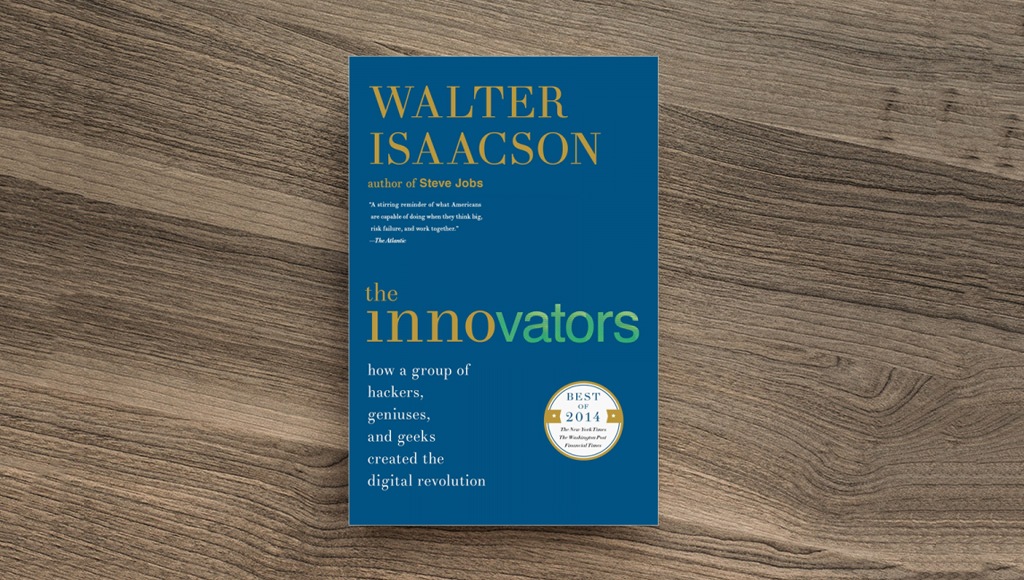
The Innovators, Walter Isaacson
A masterful tour of the creative people behind the development of computers and the digital revolution using a frame that probes the relative contributions of teamwork vs. individual genius. From Ada Lovelace to Google, Isaacson’s wonderfully connected storytelling takes you through the various branches of innovations that have led to the digital life we have today.

Money: The True Story of a Made-Up Thing, Jacob Goldstein
From barter to Bitcoin, an easy read on some key history of money and how it has changed over the years. This book was deeply oversimplified and concepts were introduced at a very high level. The target audience would be readers who don’t typically go for personal finance or economics books and are looking for an introduction to the topic.
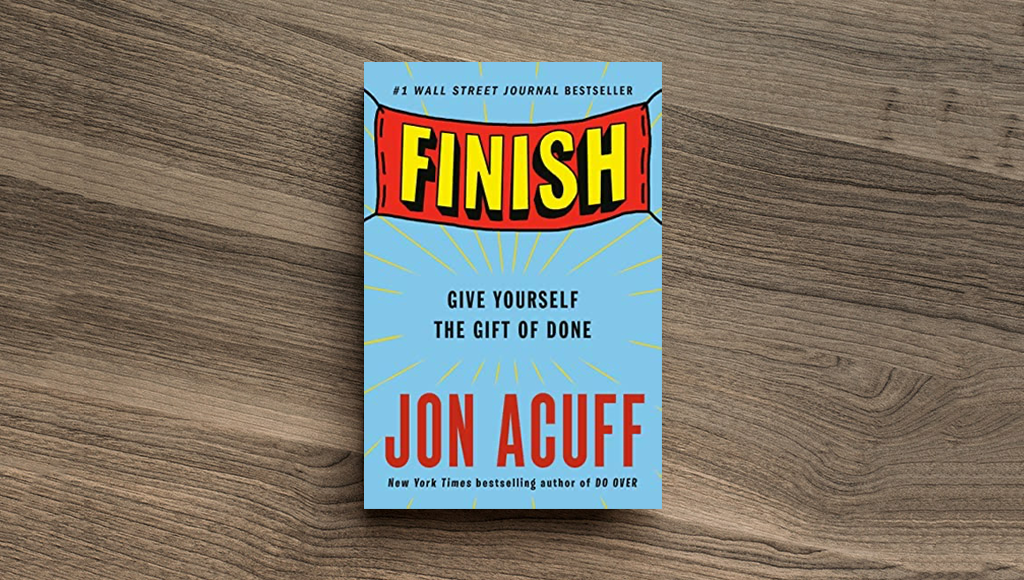
Finish, Jon Acuff
Short, easy, and useful. Acuff has a fun style that gets to the point with a fun injection of humor. Nothing here was particularly groundbreaking, but I could see how this would be useful to others. I wish I read Start first, but I’ll add it to my TBR list. Overall, it was a good read and provided a nice burst of motivation.
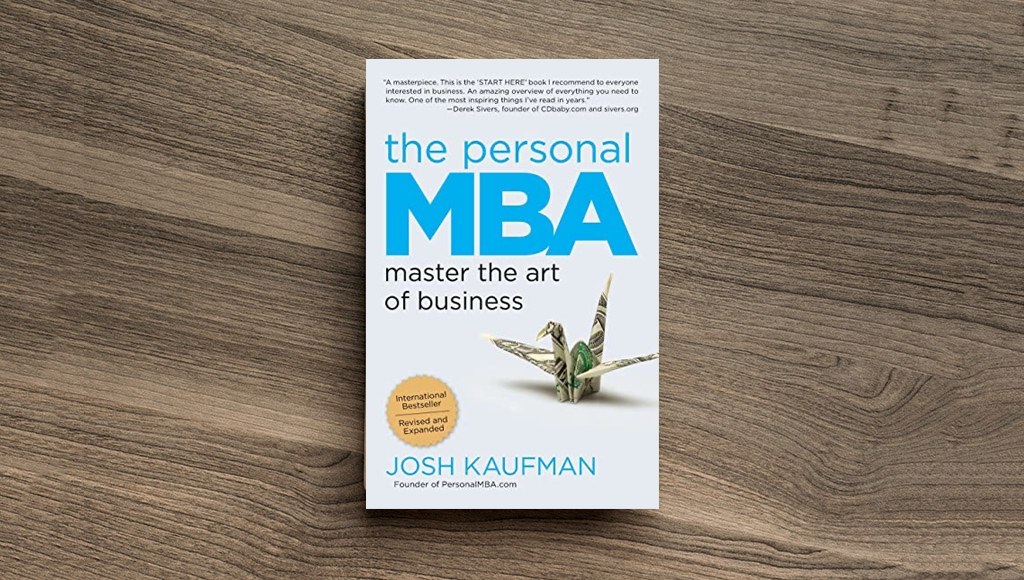
The Personal MBA, Josh Kaufman
This was not the book I was expecting but I still enjoyed it. The sections were purposely written to be short and to the point but it prevented the chapters from having any kind of flow. It felt more like a pretty decent, digestible glossary of prevalent business terms and functions. Will reading this book give you all the information you need for business? No, it won’t, but it will give you some background and provide some resources to point you further down the road.

Big Dirty Money, Jennifer Taub
A pretty partisan take on white-collar crime. I would have loved deeper dives into the stories that were used as examples and less complaining. Each chapter is divided into multiple sections, many of which are simply rants about the unfairness of it all. There is no real scientific research or analysis. The author’s opinions are supported mostly by anecdotal information that appears to have been taken from newspapers and magazines. A good idea for a book but not great execution. Worth your time but not too much of it.
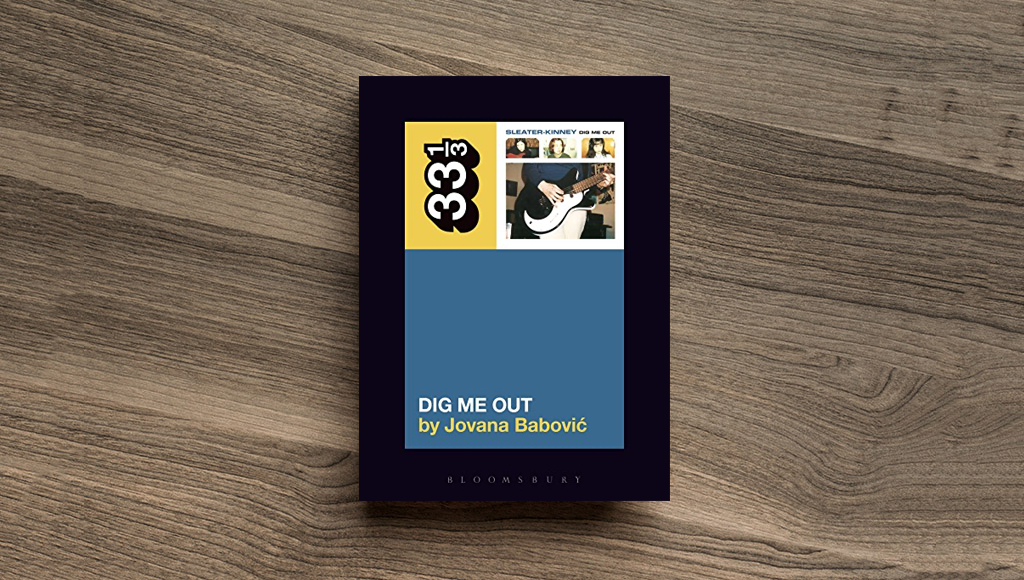
33 1/3: Dig Me Out, Jovana Babovic
There was no track-by-track analysis, a staple of 33 1/3 books, but there was a lot packed in here. I’d say about 75% band history and 25% about the actual album. Most of the focus was on touring, rock criticism, the band’s roots in riot grrrl, and the cultural moments in which this all happened. I think everyone should listen to this album and read this book.
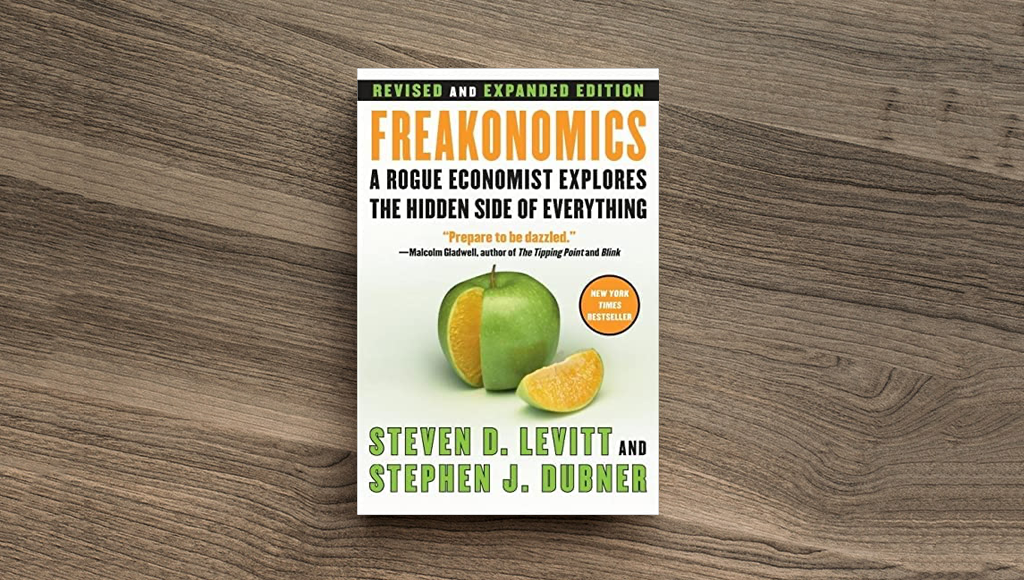
Freakonomics, Steven D. Levitt and Stephen J. Dubner
This is another one that has been sitting on my shelf for ages. I’m happy to have finally read it. My only regret is that I waited so long. It seems like a lot of the concepts introduced have been widely regurgitated by many other books since. Despite the quirky title, this really has very little to do with economics, except for thinking about incentives. The authors show you what interesting things you can discover when you apply statistical analysis to problems where you wouldn’t normally think of using it. Turns out to be just as fun!
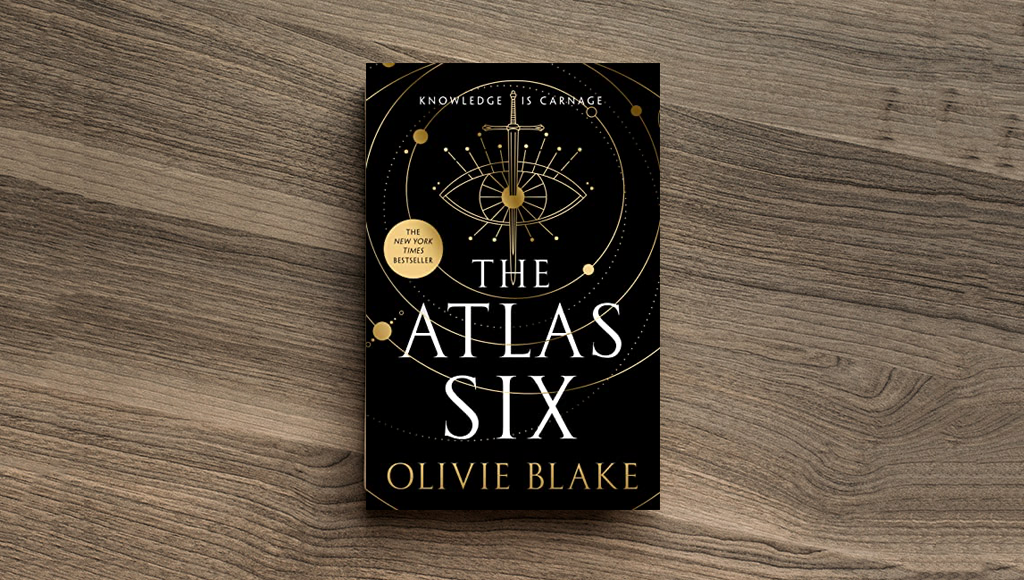
The Atlas Six, Olivie Blake
The themes in this book include: the pursuit of knowledge (and whether that’s a good thing or a bad thing), interconnected relationships between the characters, and time as a vaguely whimsical science. The only theme we actually see payoff is the flexibility of time, and the end of the book drew that together in a way I found surprisingly interesting. I had to pull myself through the first half of the book and wasn’t sure I had any interest in reading the sequel. The ending was stronger than the rest of the story which left me with some hope. I’ll probably pick up the next book to see where it goes.

Influence: The Psychology of Persuasion, Robert B. Cialdini
If you haven’t ever thought much about influence and the way you talk to people and vice versa, I’m sure this can be very eye-opening. If you’re more self-aware or have spent time thinking about how your behavior can affect that of others then you’re going to find much of this to be obvious. Still, some very interesting case studies and some important concepts that were very easily explained. This is the foundational stuff. It gets really exciting when you apply these core “weapons of influence” to the bigger picture. This book is a staple for a reason.
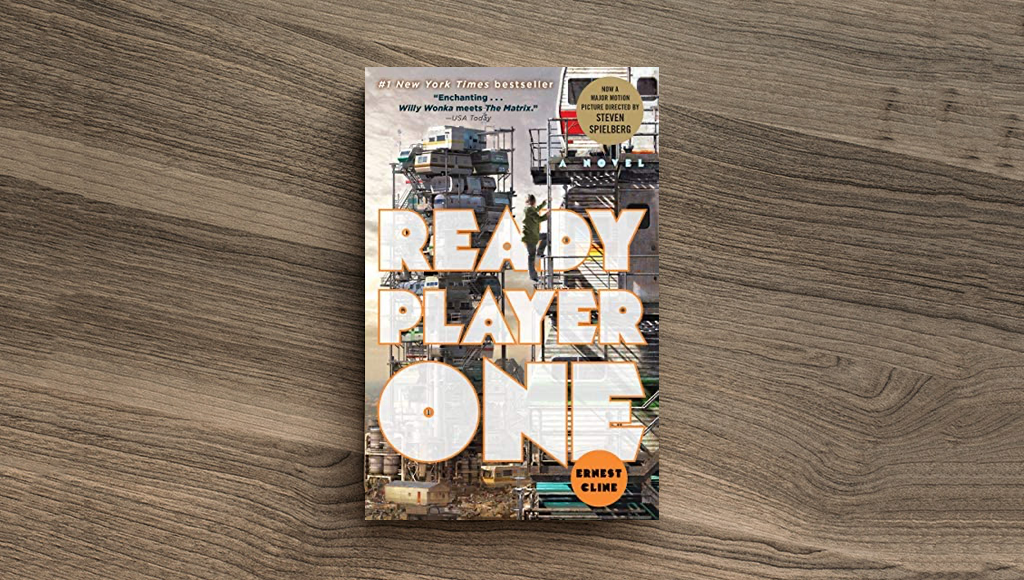
Ready Player One, Ernest Cline
This one sucked me right in. The plot revolves around solving puzzles and tasks based on 80’s nostalgia. Our hero, a young man born fifty years later, has to research the period and specifically one man’s take on the decade. It is an exciting story, especially for geeks, and is especially fun. Clever, fascinating, funny, enthralling?-?I didn’t want it to end!